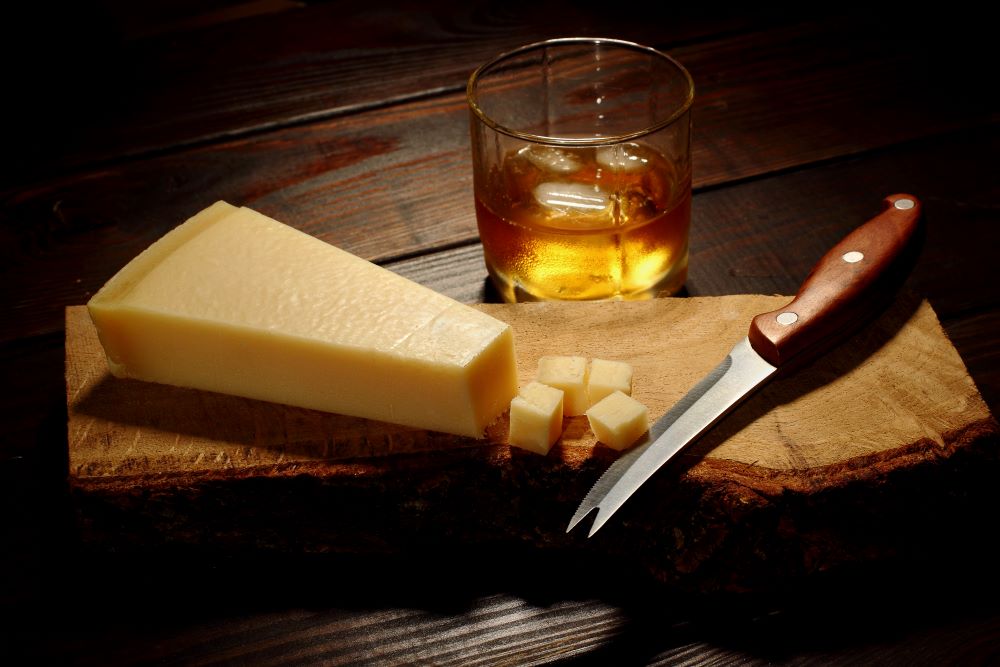
The UK has lost the level of access to Canada’s dairy market that it had under EU membership, following the two countries’ failure to reach an agreement on tariff-free trade for the industry.
Cheese exports
The Department for Business and Trade (DBT) said in a notice to exporters, published last week (2 January), that UK cheese exporters to Canada will need to partner with importers to attain a licence from the “non-EU sources reserve” from the end of 31 December 2023 onwards.
Provision of these licences is limited as part of a quota, but Canada’s yearly quota for tariff-free cheese imports from non-EU countries is already 95% filled by exporters from Norway and Switzerland, the Guardian notes.
DBT’s notice further explains that UK exporters that do not manage to squeeze into the remaining 5% will face full tariffs.
It also marks a failure to achieve an extension on the provisions of the “cheese letters”, which extended the UK’s EU-era market access provisions.
Stilton delivery?
The UK’s minister for industry and economic security, Nusrat Ghani, yesterday (8 January) issued a statement on the failure of the two countries to come to an agreement, laying responsibility with “Canada’s insistence on UK concessions that would not have been in the interest of our agricultural sector”.
“The Departments for Environment, Food and Rural Affairs and Business and Trade have been engaging for several months with stakeholders that will be impacted by these arrangements, at both senior official and ministerial level. We will continue this engagement to ensure a smooth transition for business to the rest-of-world pool.
“While this development is disappointing, it comes following an increase in the UK’s total diary exports. According to UK overseas trade in goods statistics: October 2023, UK dairy exports grew by 13.7% between 2018 and 2022, from £1.8bn to £2bn in current prices.”
Ghani added that the government is supporting the UK’s dairy producers through schemes including the Dairy Export Programme, which has received £1m in funding “to boost UK dairy exports, especially among SMEs”. This, she said, is targeted at boosting dairy exports “in growth markets”.
Any trade agreement, she concluded, must benefit “consumers, producers, investors, and businesses alike” while maintaining “high environmental, labour, public health, food safety and animal welfare standards”.
'Admitting defeat'
Shadow trade minister Gareth Thomas said on X that the government “has today admitted defeat”, and argued that it has “failed British cheese makers exporting to Canada”.
He criticised “all the grand talk of a trade deal with Canada”, saying that it “can’t even extend the rollover deal we had when we were in the EU”.
Last month, he argued that “many will be wondering why on Earth ministers agreed these cliff edges in the UK-Canada trade agreement in the first place”, as well as that the government “have axed support to businesses to capitalise on trade deals and now seem unable to stop new tariffs hitting top British exporters”.



